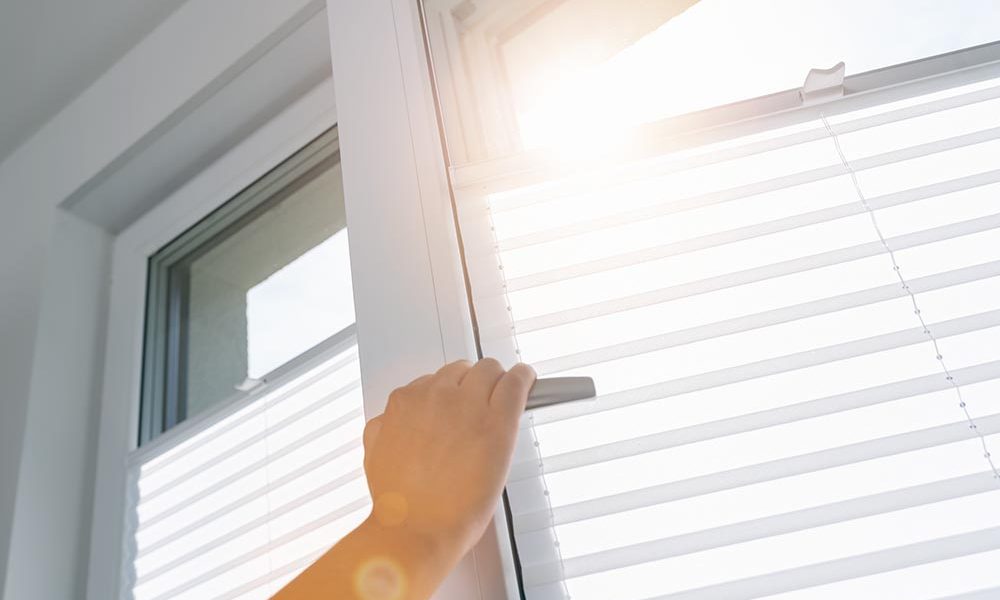When it comes to window coverings, blinds and plantation shutters are two very popular options that offer both functionality and style. However, if you’re unsure about which window covering solution to choose for your home, it’s important that you understand the key differences – and their pros and cons – in order to make the right choice for you.
In this article, we’ll explore these distinctions between blinds and plantation shutters and help you determine which option is the better window covering solution of the two.
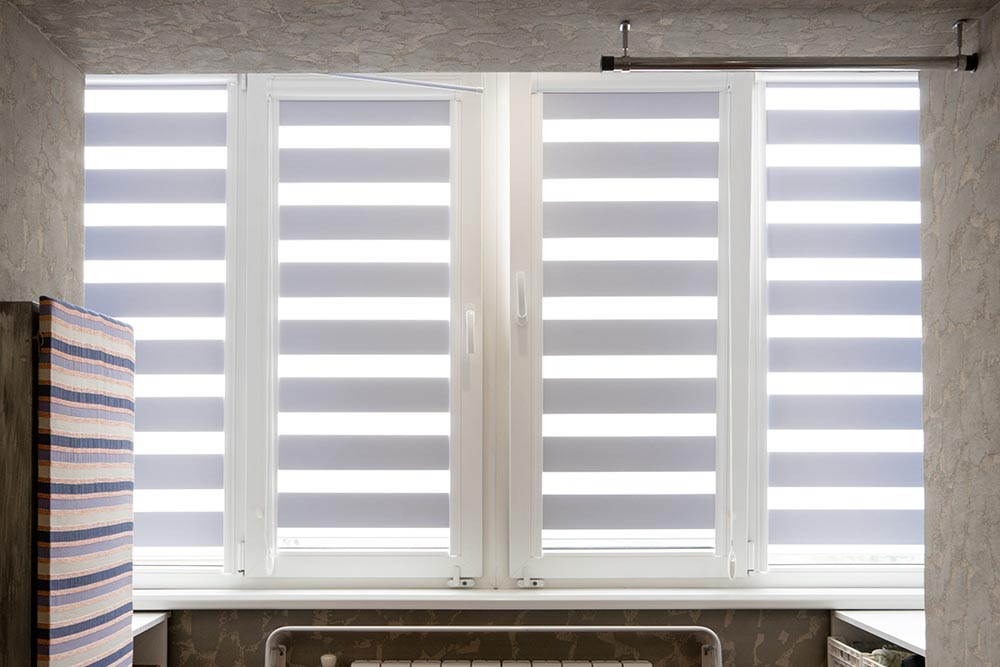
What is the Difference Between Blinds and Plantation Shutters?
So, what are the main differences between blinds and plantation shutters? Aren’t they rather similar in style and design? Here are some important factors to consider:
- Blinds are window coverings made of individual slats that can be adjusted to control light and privacy.
- Plantation shutters, on the other hand, are solid and sturdy window coverings with adjustable louvers built into a frame.
- Blinds are typically made of materials like aluminium, vinyl, or fabric (choosing fabric blinds may seem like a bold move, however, you should weigh up all the pros and cons before making any final decisions; much like curtains they are notorious for picking up unwanted household smells).
- Plantation shutters are often constructed from wood or composite materials (although plantation shutters are available in aluminium and vinyl as well).
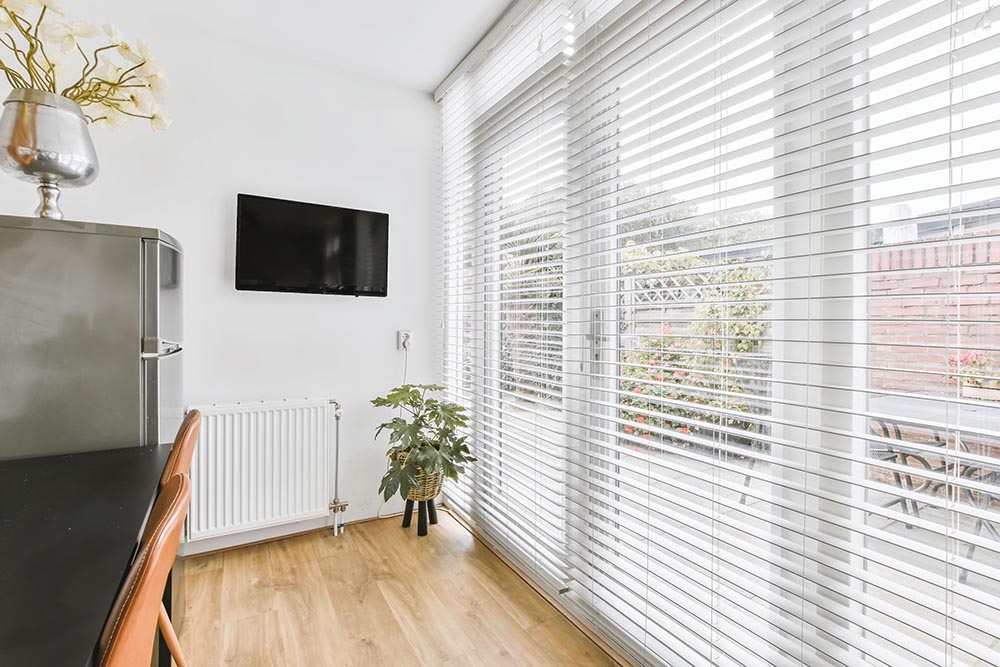
Blinds Vs. Plantation Shutters: Pros and Cons
Now that you have a better idea as to what blinds and plantation shutters are, let’s pit them against one another in a Pros and Cons showdown:
Blinds:
– Pros:
- Versatile and available in various styles, colours, and materials.
- Cost-effective option compared to plantation shutters.
- Allow precise control of light and privacy.
– Cons:
- May accumulate dust and require regular cleaning.
- Can be less durable compared to plantation shutters.
- Limited insulation properties.
- Cheaper blinds and quickly fall into disrepair – especially the mechanism that lowers and raises your blinds (you may find this short snippet of Peter Griffin trying to open a set of blinds all too relatable).
Plantation Shutters:
– Pros:
- Provide a classic, elegant look that adds value to a home.
- Durable and long-lasting, offering excellent longevity.
- Enhance insulation, providing energy efficiency, and noise reduction.
– Cons:
- Generally, plantation shutters are more expensive than blinds.
- They typically require professional installation due to their custom-construction nature.
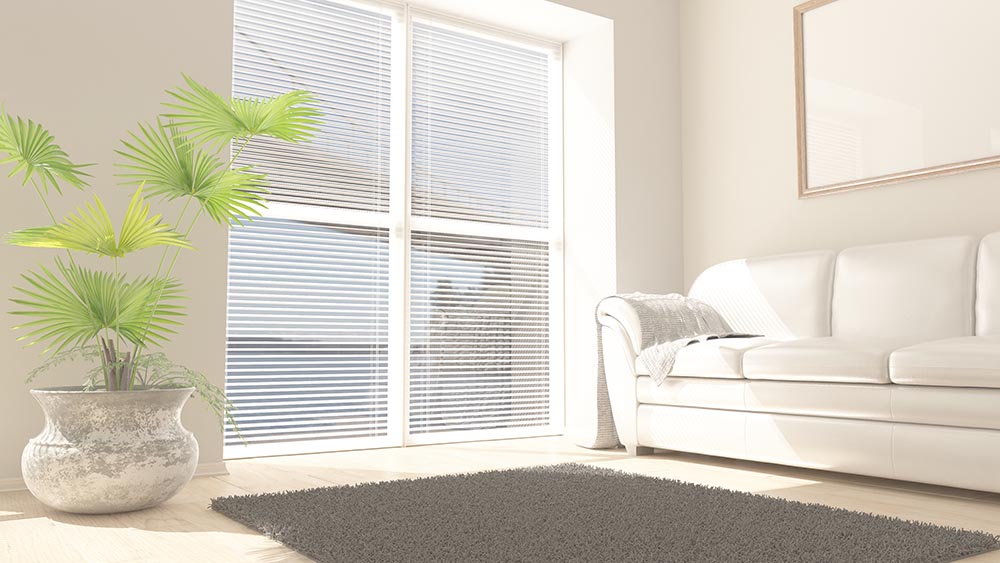
Which is the Better Window Covering Solution?
If you are still stuck on trying to decide between the two window covering solutions, consider the following points:
- The choice between blinds and plantation shutters depends on your preferences, budget, and specific needs.
- Blinds are a versatile and cost-effective option, offering precise light and privacy control. They are suitable for most homes and budgets.
- Plantation shutters provide a timeless and upscale look, superior durability, and excellent insulation properties. They are a premium option for those seeking elegance and long-term value.
All in all, plantation shutters are the superior window covering solution. In essence, anything blinds can do, plantation shutters can do better. Furthermore, depending on which material you choose, plantation shutters can be installed on the outside of your home – not just inside.
Assuming that plantation shutters are within your budget, you’ll get much more proverbial bang for your bucket.
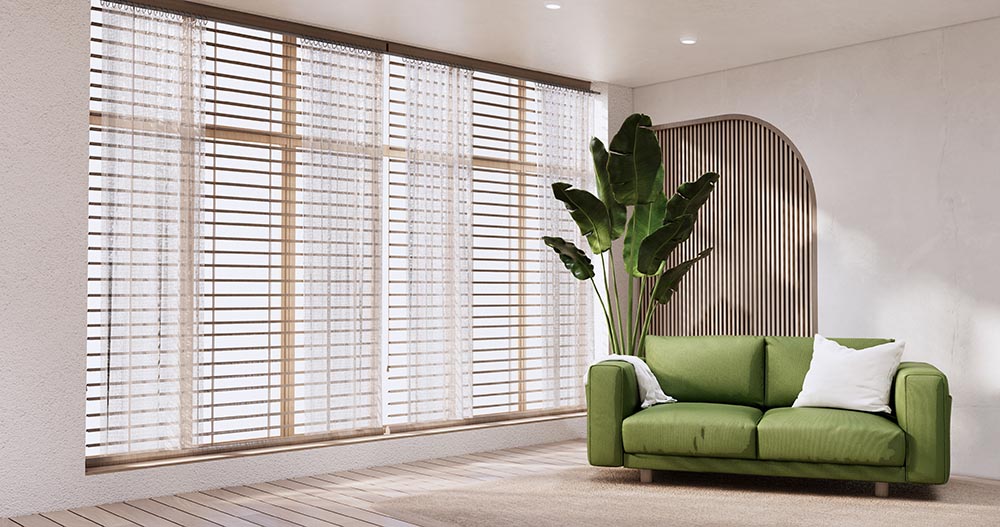
Which is Cheaper? Blinds or Plantation Shutters?
Are plantation shutters always more expensive than regular blinds? Is there a big difference between the two in terms of cost and value?
- Blinds are generally more affordable than plantation shutters – however, it all comes down to the level of quality, chosen material, and manufacturer.
- The cost of blinds can vary depending on the material, style, and size, but they tend to be a more budget-friendly option.
- Plantation shutters are considered a higher-end window covering and often come with a higher price tag due to their required materials, custom-made nature, and professional installation requirements.
Again, blinds are generally cheaper than plantation shutters, but that doesn’t make them the better option. Yes, there’s a higher price tag with plantation shutters, but you are getting a premium window covering solution in exchange.

Which Option Offers Better Value for Money?
Never mind cost; which of the two offers the best value for money?
- The value for money depends on your priorities and long-term goals.
- Blinds offer good value for money due to their versatility, affordability, and functionality.
- Plantation shutters, while more expensive upfront, provide exceptional long-term value through their durability, energy efficiency, and potential to increase the resale value of your home.
The reality is, standard blinds can be rather boring – and if you skimp too much on quality then you could end up with a poor set of blinds that all too quickly falls into disrepair. Plantation shutters on the other hand are far more luxurious and come with a host of advantages that easily justify the higher price tag.
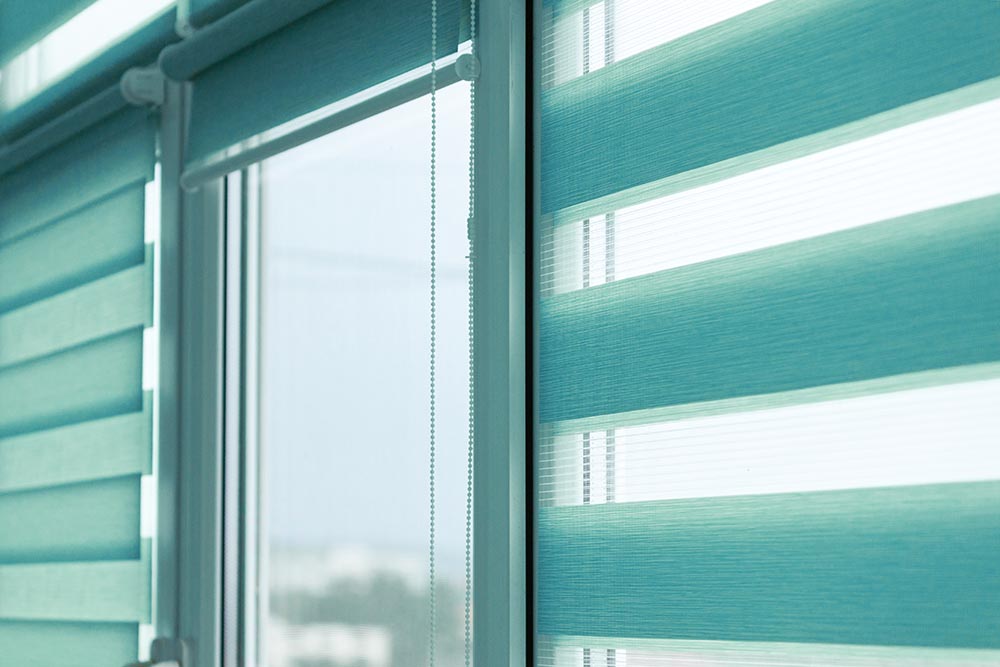
Do Plantation Shutters Add Value to a Home?
We briefly mentioned it earlier, but is there any truth to it? Do plantation shutters add value to a home or is it just something people say to sell more units?
- Yes, plantation shutters can add value to a home.
- They are considered a desirable feature by many potential buyers due to their timeless appeal, durability, and energy efficiency benefits.
- Plantation shutters can enhance the overall aesthetic and perceived value of a property, making it more appealing on the real estate market.
Installing plantation shutters on your property isn’t going to drastically change your asking price, however, it does add considerable ‘perceived value’ and curb appeal, ultimately making your property more appealing to prospective buyers. If you are seriously considering selling up in the near future, having plantation shutters added throughout is an excellent way to transform your property and make the buying/selling process that little bit easier.
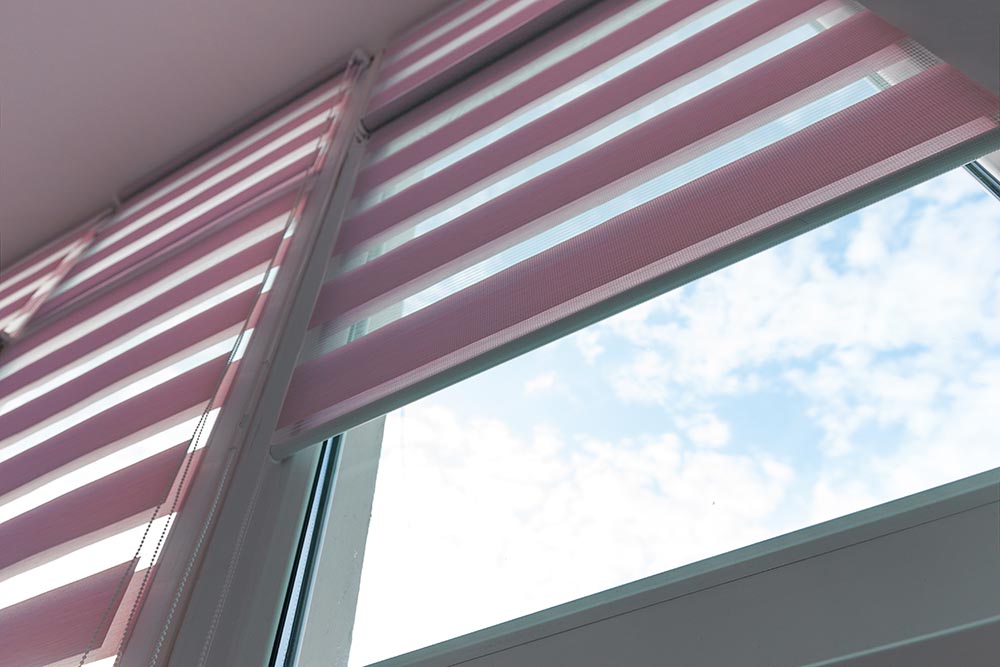
Conclusion
Blinds and plantation shutters are both popular window covering options, each with its own set of advantages and considerations.
- Blinds offer versatility, affordability, and precise light control,
- Plantation shutters provide a classic, upscale look with enhanced durability and energy efficiency.
The choice between the two depends on your personal preferences, available budget, and long-term goals. Consider factors such as style, cost, functionality, and potential home value when deciding which option is the better fit for your current and future needs.
Ultimately, both blinds and plantation shutters can be excellent choices, adding functionality and style to your home’s windows. However, if we were to choose between the two, the premium option (plantation shutters) would be our go-to.

